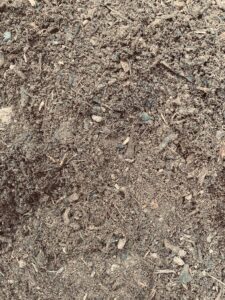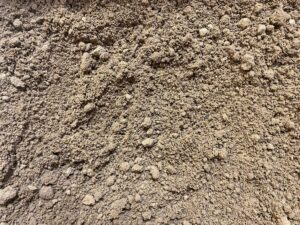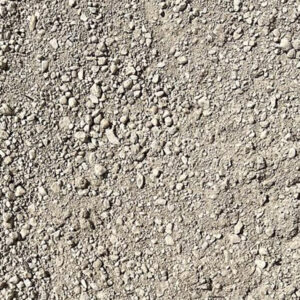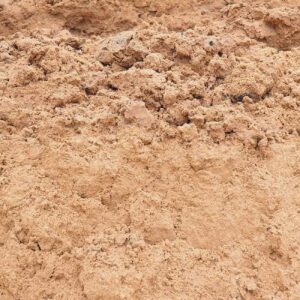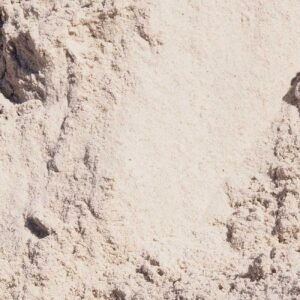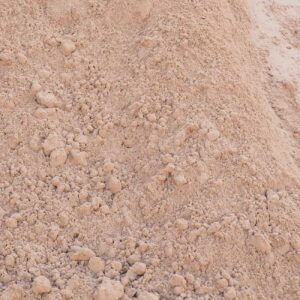Masonry sand vs Concrete sand

Welcome to our blog dedicated to all things landscape materials! Today, we’re diving into a common dilemma that often arises when working on construction or landscaping projects: understanding the distinction between masonry sand and concrete sand. While these two materials may seem similar at first glance, they serve different purposes and have unique characteristics that make them suitable for specific applications. Let’s explore the differences between masonry sand and concrete sand to help you make informed decisions for your next project.
Understanding Masonry Sand
Masonry sand, also known as brick sand or ASTM C144 sand, is a fine-grained sand typically composed of finely crushed stone, gravel, or crushed recycled concrete. It is carefully processed to remove any impurities and graded to ensure uniformity in particle size. Masonry sand is prized for its workability and is commonly used in various masonry applications, including laying bricks, blocks, and stone.
Key Characteristics of Masonry Sand:
Particle Size: Masonry sand features finer particles compared to concrete sand. Its smaller particle size allows for better workability and a smoother finish in masonry projects.
Texture: This type of sand has a soft and smooth texture, making it easy to spread and manipulate during construction activities.
Color: Masonry sand typically has a light beige or tan color, which blends well with most masonry materials and enhances the aesthetic appeal of finished projects.
Applications of Masonry Sand:
- Bricklaying: Masonry sand is essential for creating strong and durable mortar mixes used in bricklaying and masonry work.
- Stone Work: It provides a stable base for setting natural or manufactured stone veneers.
- Paver Installation: Masonry sand is often used as a bedding material for laying concrete or clay pavers in walkways, patios, and driveways.
Exploring Concrete Sand
Concrete sand, also known as sharp sand or ASTM C33 sand, is a coarse-grained sand primarily composed of angular particles. Unlike masonry sand, which is finer in texture, concrete sand is characterized by its rough and gritty consistency. It is typically derived from natural sources such as quarries or riverbeds and undergoes minimal processing to ensure optimal particle size distribution.
Key Characteristics of Concrete Sand:
Particle Shape: Concrete sand consists of angular particles with rough edges, providing excellent interlocking properties when mixed with cement and aggregate.
Grading: This type of sand is graded to meet specific particle size requirements, ensuring uniformity and consistency in concrete mixes.
Strength: Concrete sand contributes to the structural integrity of concrete by enhancing its compressive strength and durability.
Applications of Concrete Sand:
- Concrete Production: Concrete sand is a key ingredient in manufacturing high-quality concrete mixes used in construction projects such as foundations, slabs, and sidewalks.
- Bedding Material: It serves as a stable and compact base material for laying concrete blocks, retaining walls, and precast concrete elements.
- Paving: Concrete sand is often used as a base layer beneath asphalt or concrete pavements to improve stability and drainage.
While both masonry sand and concrete sand are essential building materials used in construction and landscaping, understanding their distinct characteristics and applications is crucial for achieving successful project outcomes. Whether you’re laying bricks, pouring concrete, or installing pavers, selecting the right type of sand will ensure the strength, durability, and aesthetic appeal of your finished project. We hope this guide has provided valuable insights into the differences between masonry sand and concrete sand, empowering you to make informed decisions for your next endeavor.
Stay tuned for more informative content on landscape materials and construction essentials! If you have any questions or topics you’d like us to cover in future blog posts, feel free to reach out. Until next time, happy building!
Why Choose CMX Outdoor?
At CMX Outdoor, we pride ourselves on being the premier landscape supply in Texas, and we’re thrilled to offer the best top soil for your gardening needs.

